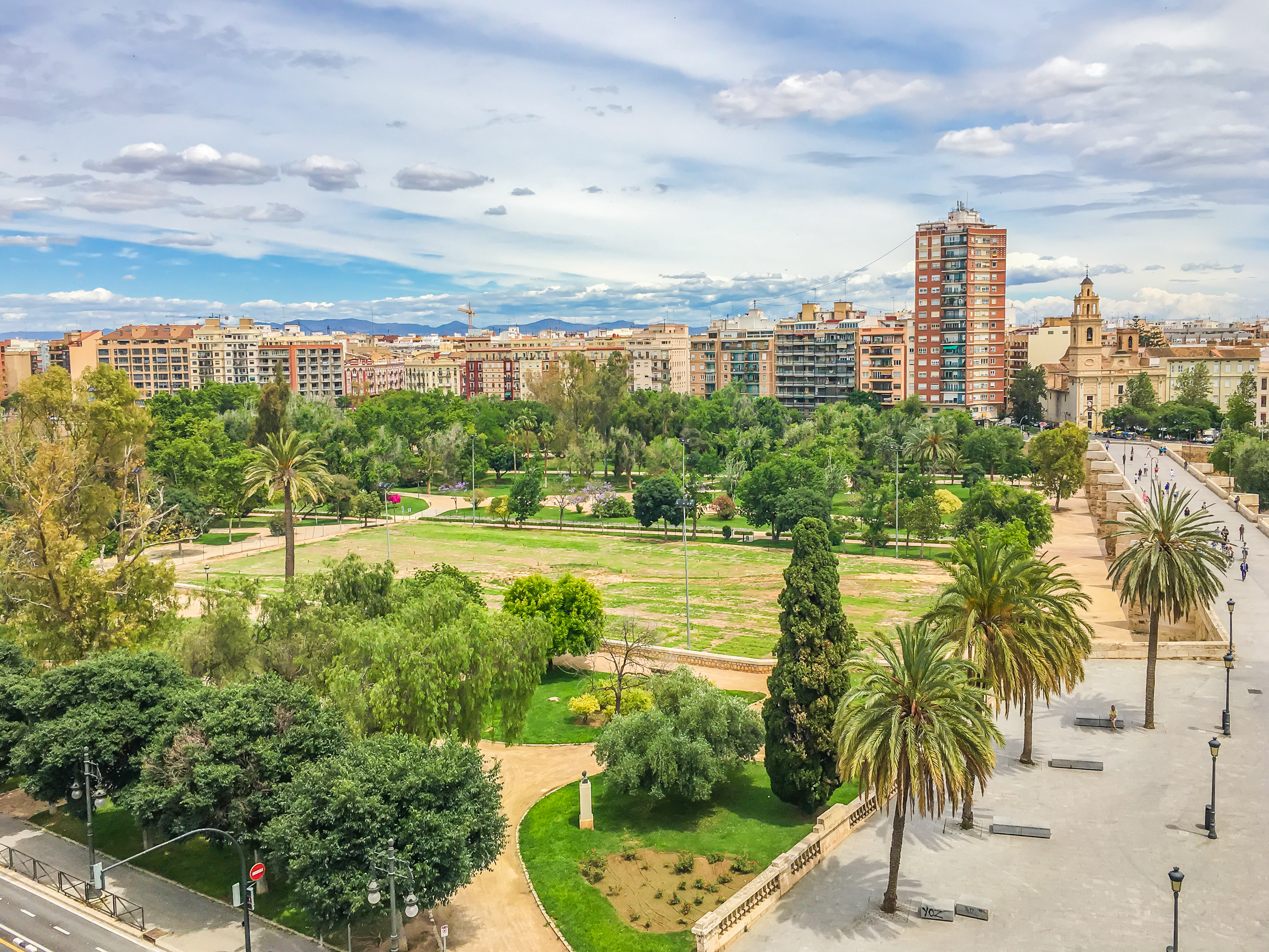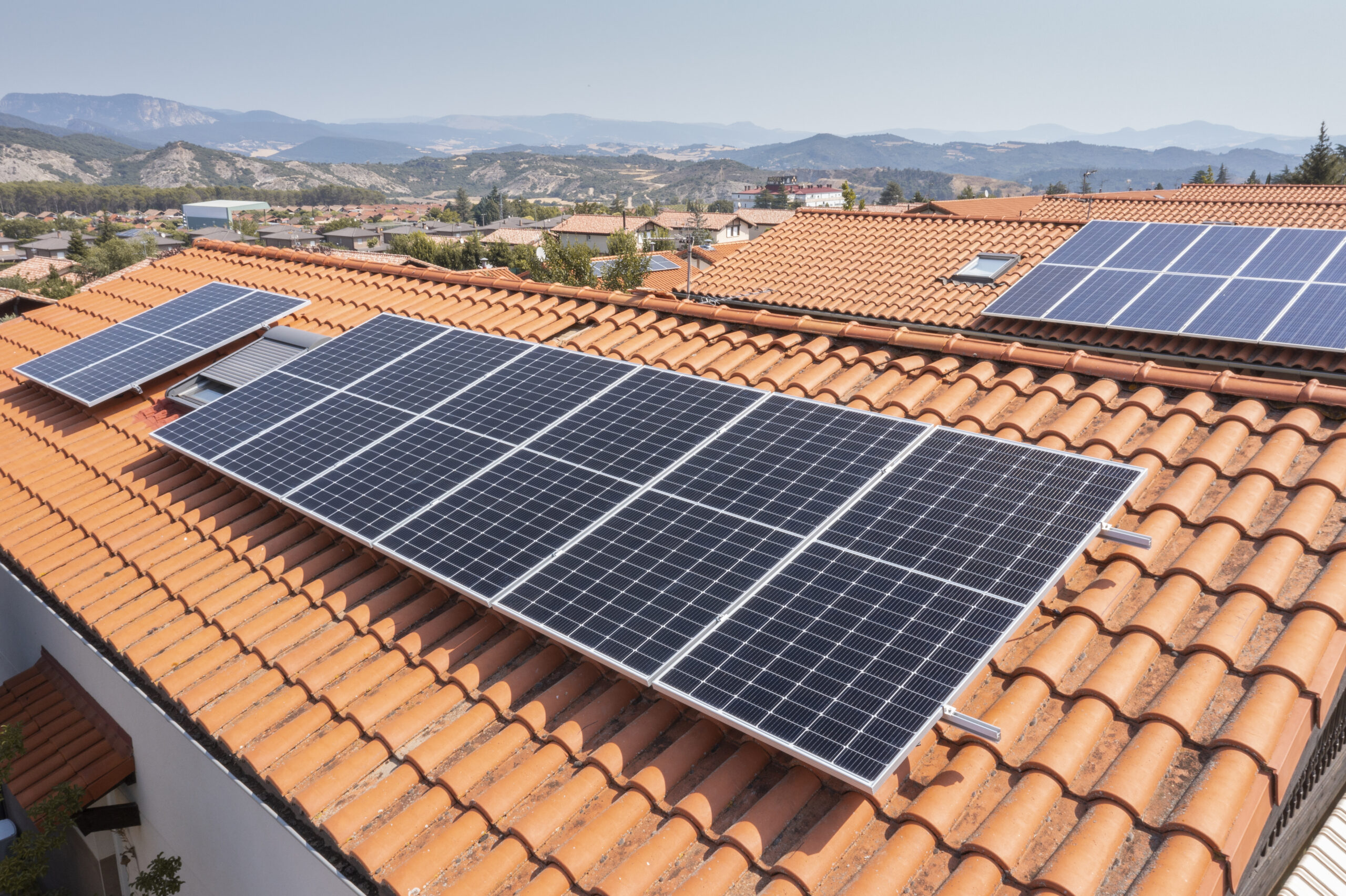
What we do
Most Local Authorities engaged in the local sustainable energy transition strategies are small municipalities that, in general, don’t have specialist staff to carry out proper assessment and planning processes when they prepare SECAPs (Sustainable Energy and Climate Action Plans) or other climate policies. They received support by Regional Authorities and other entities, like energy agencies, but in many cases, this is not enough to enhance their capacities and properly involve the local key stakeholders.
LOGREENER project aims to improve these capacities of Local Authorities for developing and implementing local energy transition plans. For doing this, LOGREENER will capitalize the tools produced by three Interreg MED projects: COMPOSE, PRISMI and LOCAL4GREEN, that worked to promote the green energy transition. These tools were used jointly, in the framework of the Ecosystemic Transition Unit – ETU developed by the Renewable Energy Thematic Community during 2014-2020 period, and it was proved their relevance and versatility. The process revealed the complementarity of the three tools and their potential for capitalization.
Working areas

- Upscale the COMPOSE, PRISMI and LOCAL4GREEN results to deliver an optimized and integrated toolkit for Local Authorities to efficiently plan and deploy their sustainable energy transition, for which a specific training pack will be developed.
- Application of the project toolkit by Local Authorities, providing them a tailored training and technical support to draft energy transition plans, as well as engaging decision makers in their implementation. The training will be also provided to key multiplier stakeholders that usually support Local Authorities in the energy transition planning.
- Impact amplification of the project in collaboration with the Green Living Areas Thematic Community Project and Institutional Dialogue Project, transferring the project toolkit in key stakeholders’ events, drafting international and national policy recommendations to enhance the energy transition planning, and reaching the relevant policy makers and key multiplier organizations to enable further exploitation of the project results.

